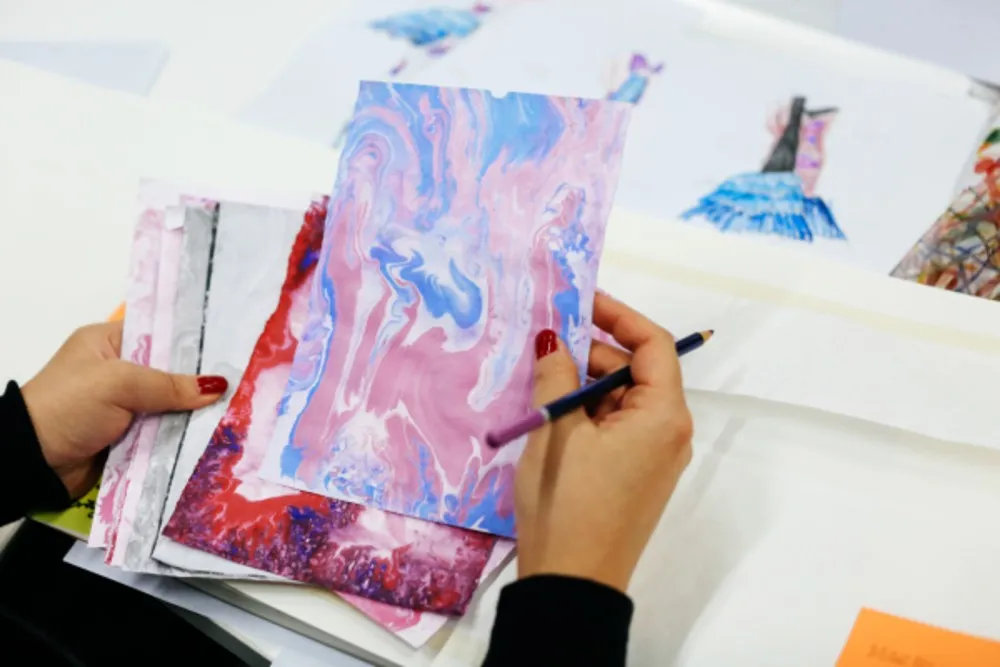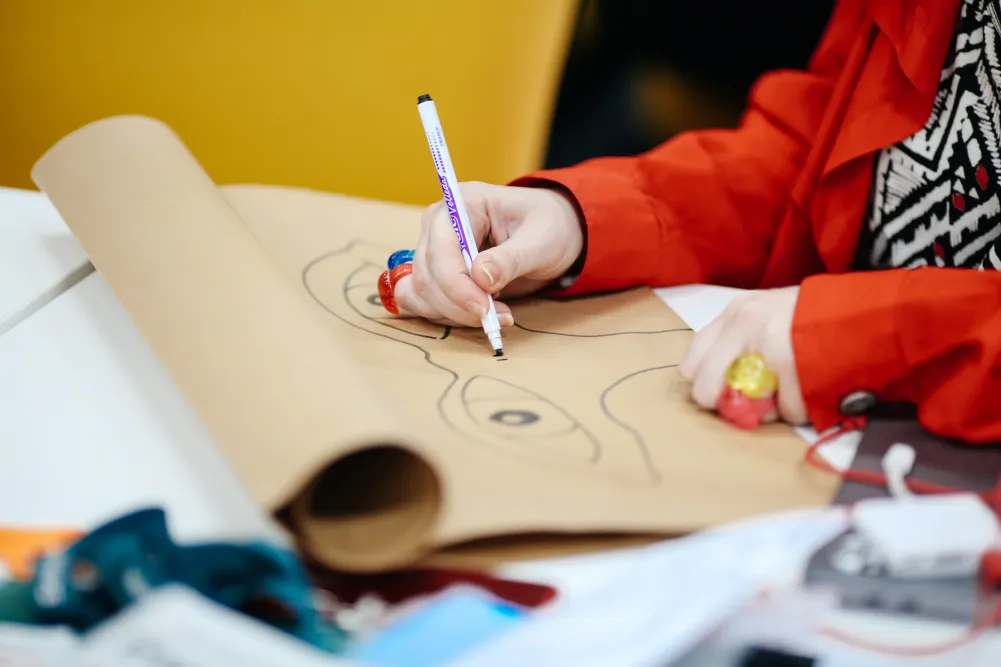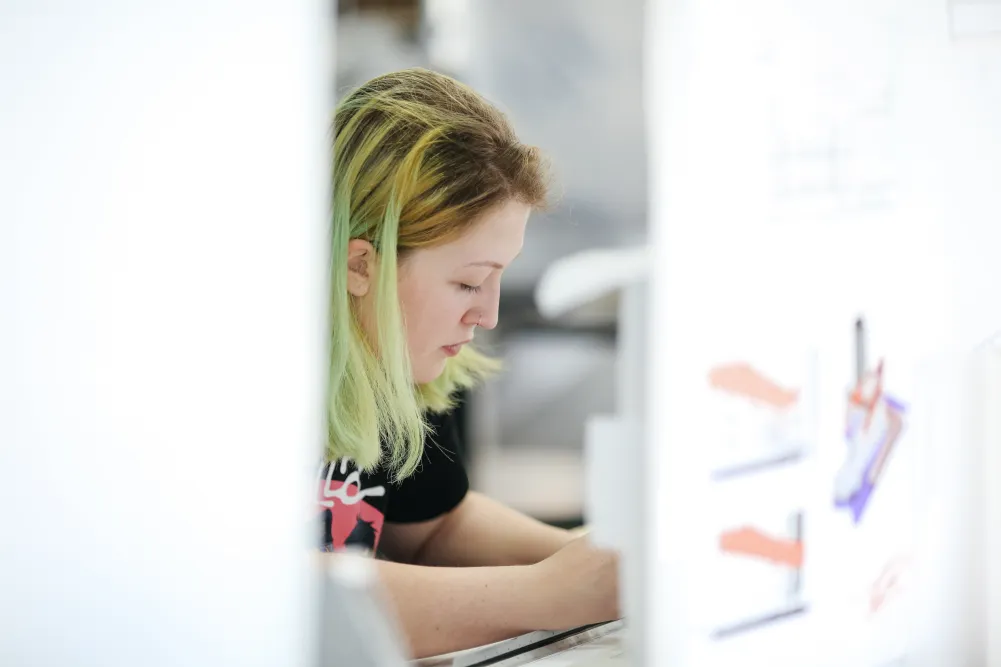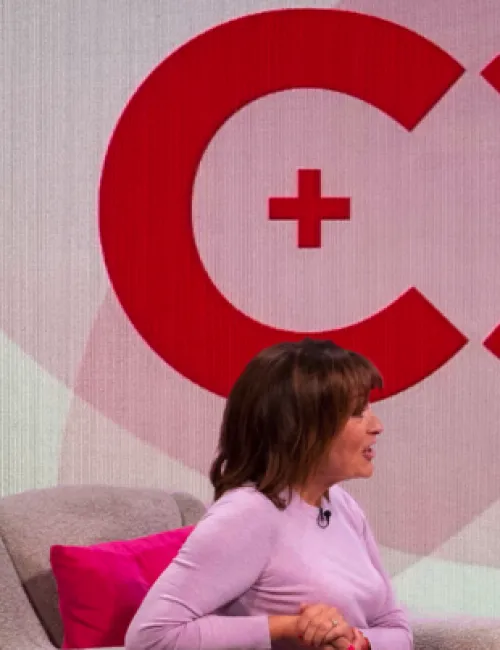Wellbeing series: Combating lockdown overload with a bit of TLC
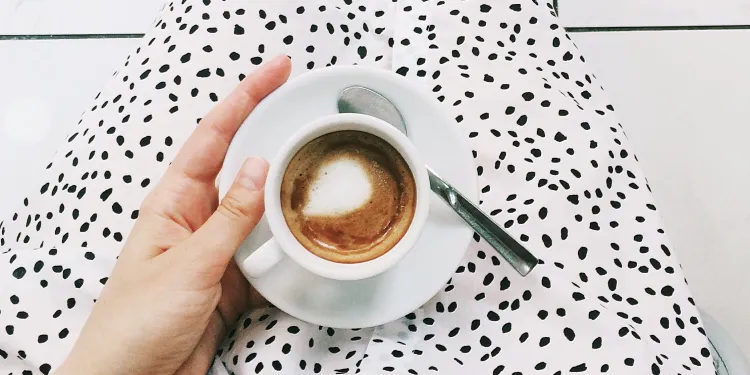
Article by: Gaynor Orvis
Publication date:The year 2020 has so far been shrouded in uncertainty, confusion and isolation. While every age group has had its fair share of struggles, it is no exaggeration that students and graduates have been one of the worst hit. Against a concerning backdrop of unemployment and lost opportunities, it is no wonder students are feeling burnt out and worried. But even with all that going on, constant pressure from the media and big brands to stay productive is causing even more unnecessary stress.
Here Copywriter, Gaynor Orvis discusses how fostering a bit more self-compassion can help to alleviate some of that constant pressure.
Since the coronavirus pandemic hit, I’m sure we have all been bombarded with emails and headlines calling for us too ‘hustle harder’, learn a new language, get into shape and turn our lockdown experience into a highly efficient production line.
Well, what if we are mentally and emotionally exhausted? And what if all this added pressure, rather than making us want to jump up and do a 60-minute HIIT workout, is making us feel more inclined to crawl under a sofa and whimper… or is that just me?
The problem is that the pressure is extremely persuasive; I have definitely fallen prey to it. By this point I have signed up for countless free trials of everything from yoga to dance to breathwork classes.
In the moment I’ve told myself that if I just work harder, then I will emerge the fittest, most ‘zen’ version of myself - I’ll practically levitate my way through the second lockdown. Except when it actually comes to logging in and doing something, I realise I am tired and hungry and would rather binge watch Emily in Paris for a few more hours instead.
Lack of routine but plenty of apathy
If you, unlike me, have heaps of energy during lockdown and genuinely want to be productive then that’s great, but if you are struggling to find the motivation, then that is perfectly okay too.
Whereas having more time might seem like the perfect occasion to be more productive, actually a lack of any semblance of a normal routine can make it a whole lot harder.
There is some wisdom in the idea that the less time we have, the more valuable it becomes. Often when we have an unlimited amount of time, it can feel too daunting to do, well, anything at all. Where to begin, what to begin? Do I learn Latin first or take up macrame? How about less is more?
Understanding creative block
While everyone struggles with moments, days, weeks or even months of lack of motivation, it can especially hard for creatives, because of the creative block that we can all sometimes feel.
One of the fundamental reasons that creatives can feel overwhelmed is that they are constantly having to make decisions in their work, and this can often provoke anxiety. Other disciplines don’t demand students to make one choice after another. If you are already grappling with more feelings of uncertainty in your wider life, then having to make decisions in your work is likely to be more difficult too.
When faced with a blank canvas and the pressure to come up with something original and intelligent, the pressure can feel all-consuming. You might feel you will be judged, criticised, or rejected if your work doesn’t live up to standard. This pressure is exacerbated further right now by this constant pressure to be the very best lockdown version of ourselves.
Separating our work from ourselves
Another reason that producing work can be exhausting, is that it can be very hard to separate how you feel about your work, from how you feel about yourself. The two feel intrinsically interwoven and whereas this can feel great when we feel proud of our work, when we don’t this can have a nasty knock-on effect to our overall confidence.
We can find ourselves feeling insecure about other aspects of our life because our self-image has been negatively impacted. But for me personally, simply acknowledging this can help to cut myself a bit of slack.
Comparison in our human nature
Comparing ourselves to others is to some degree a part of human nature. Our DNA is programmed with competitiveness in order to survive. However, whereas once this trait could have saved our lives, now it can cause a lot more harm than good. Creatives only have to go on Instagram to see a constant feed of brilliant artwork. It is no wonder that on days when your inner critic is running rampant, comparing our work and abilities to others online is going to hurt.
The fact of the matter is, we can’t control what others put out on Instagram and how productive or unproductive people around us are. The only thing we have any control over is our reaction. Sometimes we won’t feel like we have the strength, motivation of inspiration to create, but we have to understand that that is okay too. And rather than beat ourselves up about it, what we probably need is a little more self-compassion.
So, in those moments of overwhelm, when we feel like giving up, what can we do to try to quieten that inner critic and be a bit kinder to ourselves?
Quietening the inner critic
Everyone is unique, and different strategies will work for different people. As we begin to navigate through the mental and emotional rubix-cube that is the second lockdown, here are three quick ways that can help us pay less attention to our inner critic and more attention to our compassionate side.
1. Tune in
Sometimes it is hard to notice how critical our own inner voice has become. One easy way to pay more attention to this is to write down the things you say to yourself when you aren’t feeling your best. You might be surprised just how harsh you can be!
2. Evaluate
Take the time to read back what you have written and ask yourself whether you would ever speak to anybody else that you care about in that way – chances are you wouldn’t!
3. Try something different
If you realise that your tone is less than friendly towards yourself, then try to make a conscious effort to swap out some of the negative language for more positive language. Look at the bigger picture; consider how far you’ve come and how much you’ve learnt. Offer yourself some praise to replace the criticism. You can do this by writing it out too. Try writing out some statements such as: Everyone makes mistakes. You’re really tired, aren’t you? Do you feel up to work or do you need a rest? It’s been really hard, hasn’t it?
This will hopefully allow you to take stock of everything that has been going on, and to cultivate a little bit more loving kindness towards yourself.
So, as the days get shorter and darkness of winter sets in, I am taking the extra time to check in with myself and to give myself the space to not always feel like the shiniest version of myself. Other animals use the winter as a time to slow down and replenish, and we can too. Even if it seems like the whole world is telling us to move faster, work harder, create more, we all have the power to say no.

